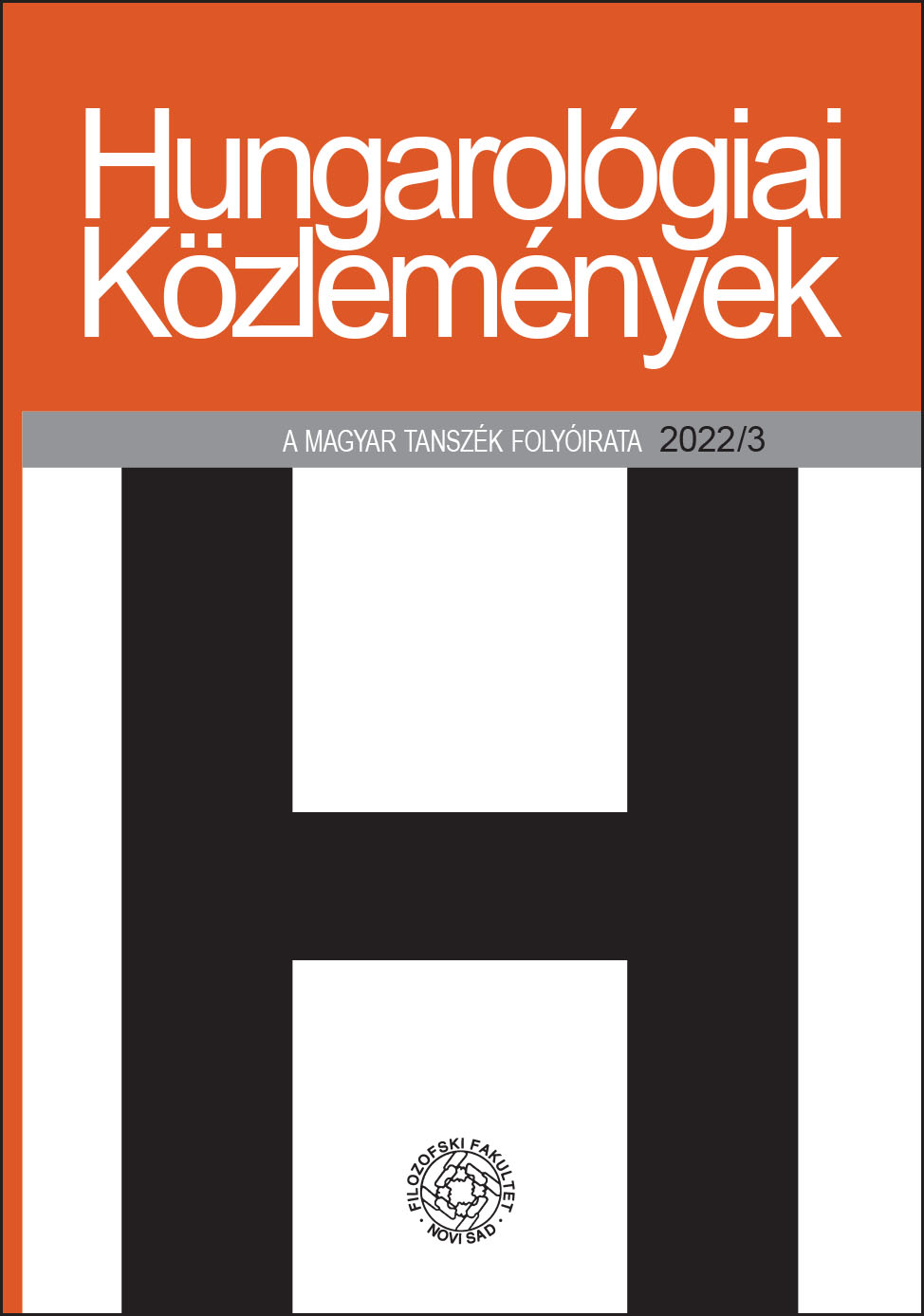A foglalkozást jelölő főnevek nyelvpolitikai kérdéseiről – különös tekintettel az olasz nyelvre
Оn the language policy of nouns denoting professions – with special reference to Italian
Author(s): Gergely KadványSubject(s): Language studies, Lexis
Published by: Филозофски факултет, Универзитет у Новом Саду
Keywords: nouns denoting professions; language policy; Italian language; grammatical gender; synchronic state of language
Summary/Abstract: The linguistic policy aspect of the formation of nouns denoting professions is in fact a problem linked to the ability of languages to express gender. In Hungarian there is no category of grammatical gender, but there is a male and female lexical gender. In contrast, one of the grammatical categories of Italian nouns is grammatical gender, which is divided into masculine and feminine gender, and thus the identification of the feminine pair of masculine base forms in nouns denoting professions is very problematic. Even today, the linguistic representation of this parallelism is still not fully developed, and this has led to a highly contradictory usage, which is naturally reflected in the morphology of the noun. Filling this gap quickly became a political issue in Italy, and the debate on the subject has been part of the discourse of linguists and language policy makers for four decades. For this reason, various recommendations have been made in Italy for the use of feminine forms in addition to masculine, but the question is wether these proposals are legitimised by the language user. Although my present research, based on an analysis of the comment section of a Facebook post written by a linguist, cannot provide a clear answer to this language policy question, it does provide an insight into the synchronic state of language.
Journal: Hungarológiai Közlemények
- Issue Year: 23/2022
- Issue No: 3
- Page Range: 39-50
- Page Count: 12
- Language: Hungarian

